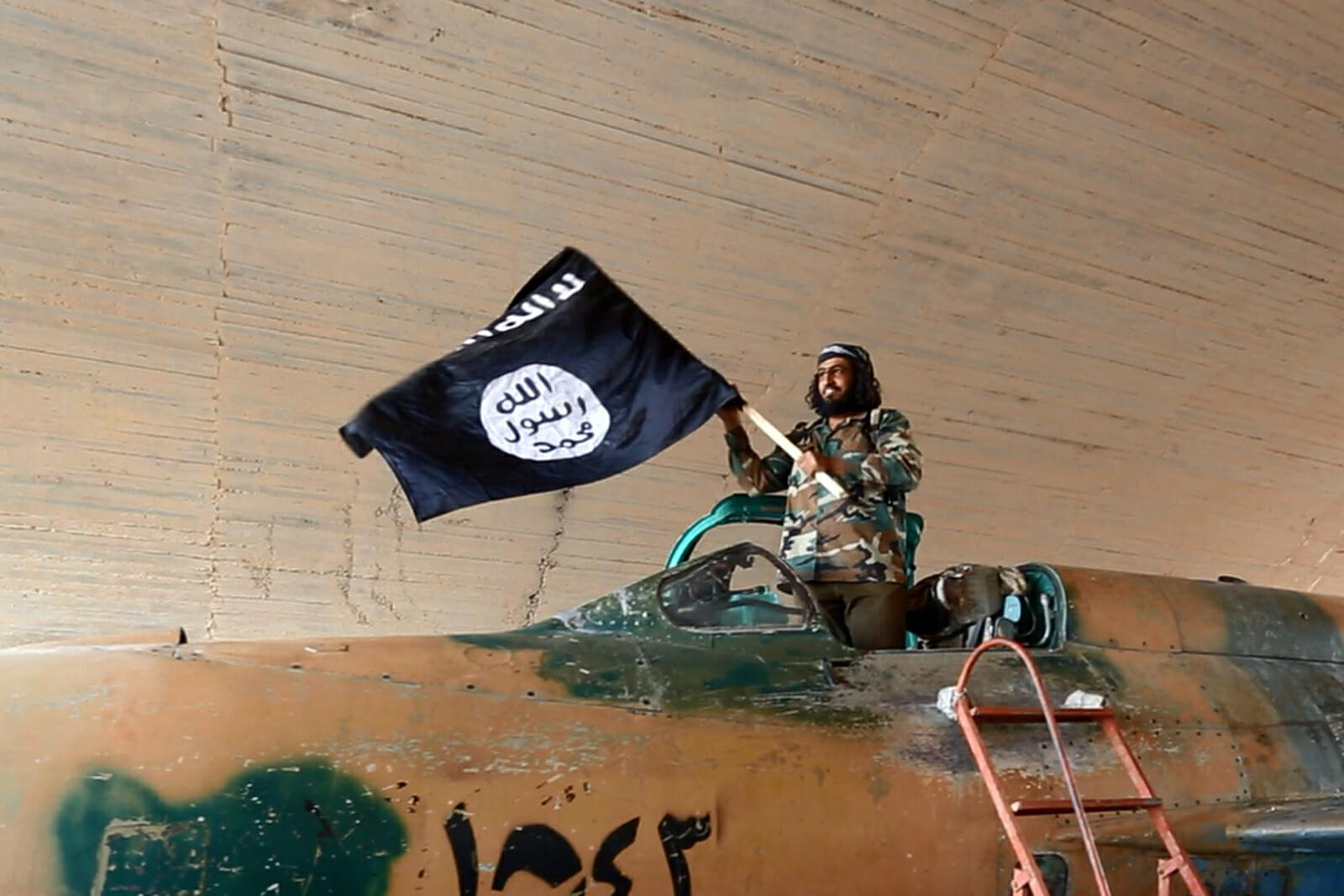
After 3 Years, Where is Syria Headed?
On 15 March 2011, a peaceful group of demonstrators in Damascus, Syria chose to take to the streets protesting a stalled economy, lack of jobs, infrastructure, the rising price of essential commodities that were severely affecting their standard of living, and a growing unemployment rate. Instead of responding proportionally, the army opened fire, killing and injuring several people. Soon, the movement rapidly spread across Syria, and streets were thronged by massive crowds clamoring for change, and in some cases, Assad’s removal.
By August, western governments inspired partly by the United States condemned the Syrian government’s disproportional actions upon peaceful demonstrators and called for Assad to step down. Assad in turn, responded even more aggressively, ordering his military to use any means necessary to crush the growing movement. Quickly organizing themselves with the help of defecting military officers and civilian supporters, the protestors lost no time in establishing the Free Syrian Army. Syria’s neighbors namely Saudi Arabia, Qatar, Oman, and Turkey sought to extract political advantage out of Syria’s crumbling socio-political order by recognizing and later “aiding” the rebel movement both economically and militarily.
A key development took place in September 2013, when the Syrian government agreed to submit its chemical weapons arsenal upon Russia’s persuasion and ability to convince the United States at the G8 Summit in June 2013 that their proposal would effectively prevent them from launching missile strikes on Syria.
In a gradual, phased manner assisted by willing member nations, the OPCW’s Director-General Ahmet Üzümcü recently declared at a press conference that all of Syria’s chemical weapons have been handed over for destruction. Additionally, the government and the UN agreed to secure the evacuation of hundreds of trapped civilians in Homs amid fierce fighting with the opposition in February this year.
With the rise of the Islamic State of Iraq and the Levant in the past few months however, the situation in Syria has taken a different turn altogether. Not only does it continue to experience chaos and widespread destruction, but it also faces a growing possibility of being declared a failed state. This, despite holding presidential elections where Assad won a landslide majority and was re-elected despite condemnation from world leaders who refused to recognize the elections, or attach any legitimacy to the process, calling it a “publicity stunt.”
Syria’s small circle of allies, however, supported the elections. Moscow’s Foreign Ministry spokesperson, Alexander Lukashevich, saw the vote as an important event that safeguards the continued functioning of state institutions in Syria while the US Secretary of State John Kerry called the elections meaningless and a “great big zero.” Interestingly, after the election results were declared, Robert Ford, former US ambassador to Iraq and Syria was quick to criticize Obama on his Syria policy, accusing him of failing to provide sufficient arms and ammunition to moderate rebel factions early on.
In such a troubled situation, one would ideally expect sympathy and support for a nation spiraling out of control. Unfortunately, most nations today are continuing to display the same rigidity in policy as they did when the movement in Syria began. Instead of helping to end the conflict and ensure a cessation of hostilities, several leaders and government officials continue to speak of “supporting the rebels” and “referring Syria to the ICC.”
In May earlier this year, 13 nations in the UN Security Council supported a French-drafted resolution that condemned gross human rights violations perpetrated by both the Syrian government as well as “non-state armed groups” in violation of international humanitarian law. Russia and China, however, vetoed the resolution. Syria is not a party to the Rome Statute and hence is not obligated to accept the jurisdiction of the International Criminal Court.
While the overwhelming support given to such an initiative after the failure of talks in Geneva is commendable, one must be compelled to question whether it would be feasible to investigate such a matter when neither side is willing to lay down their arms or negotiate for a peaceful settlement? Robert S. Ford argues in the New York Times for maintaining support to Syria’s moderate opposition in order to oust Assad and eliminate foreign militant groups like Al Qaeda. The US or any of its allies have failed to demonstrate any discernible mechanism for accurately differentiating between moderate opposition groups and jihadist groups. The Islamic Front in Syria, the largest coalition of opposition groups is already demanding aid to prevent Sunni rebels from making any further gains in Syria.
For a nation that called for Bashar Al-Assad to step down from power as early as August 2011, acknowledging the need for a politically-driven negotiation to end the conflict marks a major shift in policy. One could look at Obama’s West Point speech earlier this year as a move to dissociate the US from any further direct involvement in the Middle East.
However, it is important to analyze not only the US but Russia and China’s involvement as disruptive and irresponsible. The former UN Envoy on Syria, Lakhdar Brahimi, recently accused the West of damning Syria to decades of bloody conflict resulting in a Somalia-liked failed State on account of their refusal to revise policies that have not met expected outcomes.
Having acknowledged a burgeoning rise in orthodox Islamic militant groups across the Middle East, world powers must now unite and fight this menace if not directly, then by supporting governments in power by disarming factions that could together drive the entire region into a state of anarchy, turmoil and prolonged instability. It becomes all the more important to reflect upon policies and pragmatically consider their repercussions.
Instead of meeting successive dead-ends, the governments of the United States, Russia and others must converge and urge Syria’s government and opposition to display the “flexibility, leadership and vision” needed to end the conflict, as UN Secretary-General Ban Ki-Moon remarked earlier.

